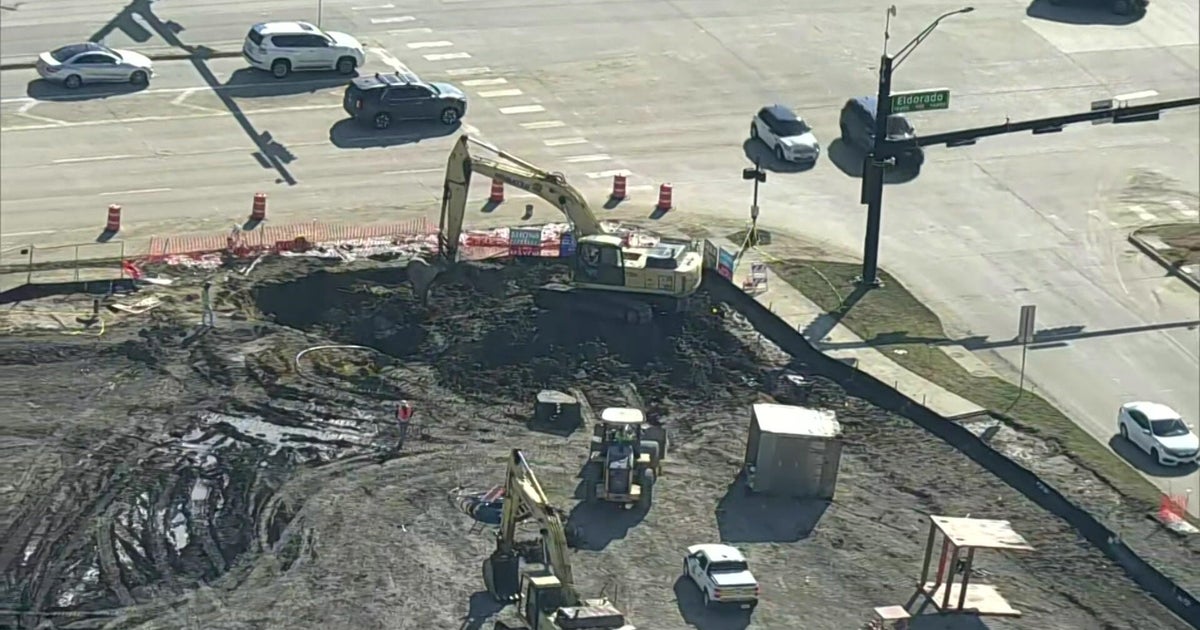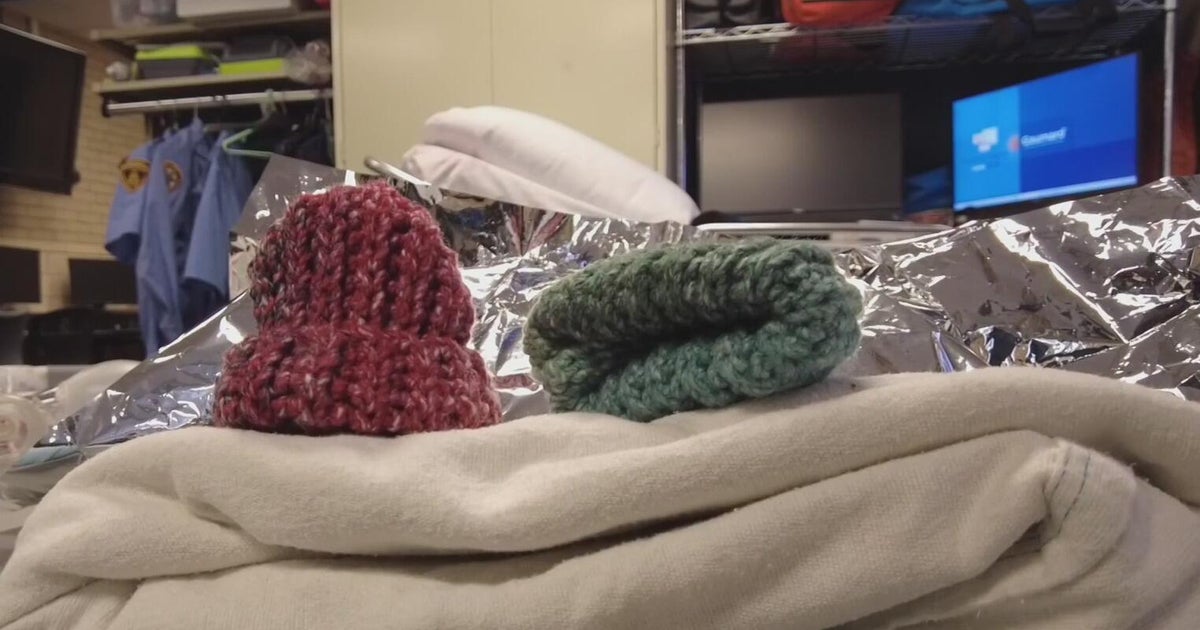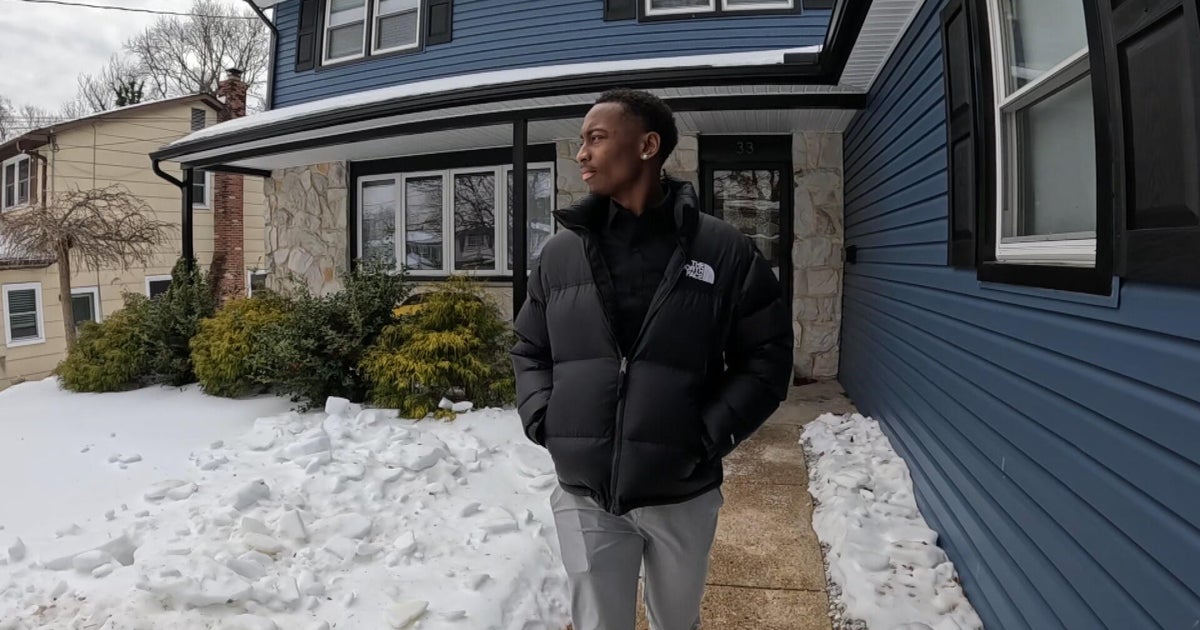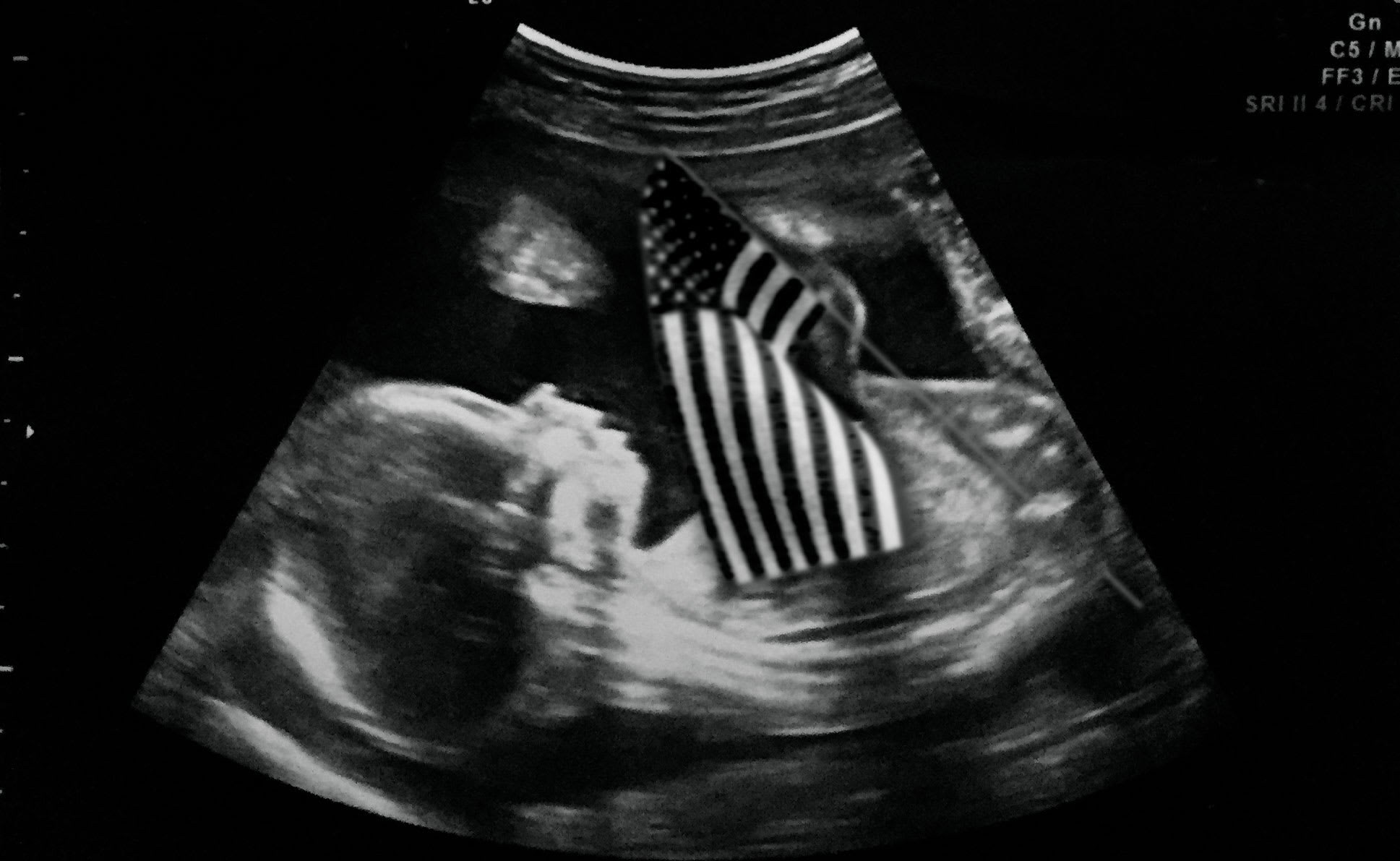How Black doulas are fighting the maternal mortality crisis
For Bailey Rollins, the owner of a Brooklyn-based doula service, the maternal mortality crisis informs every aspect of her work. Rollins is a doula, a non-clinical birth worker who guides and supports women through pregnancy, labor and postpartum. Like every doula, she's acutely aware of our current crisis — Black moms are 3 to 4 times more likely to die from pregnancy or childbirth-related causes than white mothers, and roughly two-thirds of maternal deaths in the U.S. are preventable.
"I want to be a part of the solution," Rollins told CBS News. "I want to be a part of the necessary dismantling of systemic racism, obstetric violence and big-business agendas that limit options for birthing people and their partners."
Her company, Moonstone Babies Doula Services, offers a basic package of 24/7 support via email and text, two prenatal visits, support throughout labor and one postnatal visit. She offers payment plans so less affluent families can access her services, and is also advising families about the importance of prenatal health, providing coaching services that start as early on in pregnancy as possible—as soon as six weeks' gestation.
"I am able to assist earlier on to help moms get on a good healthy path for optimal pregnancy and birth," Rollins said. "This enables me to provide more support and education throughout the stages of pregnancy."
Doulas say helping their clients advocate for themselves throughout pregnancy and delivery can make a major difference in birth outcomes. Katy Backes Kozhimannil, a professor at the University of Minnesota School of Public Health, has published many research papers detailing the benefits of working with a doula but said there was no evidence showing they reduce mortality rates.
"Benefits of doula care include higher levels of satisfaction, shorter labors, more spontaneous vaginal births, fewer cesarean deliveries, fewer unnecessary cesarean births, fewer preterm births, fewer epidurals, higher rates of breastfeeding initiation, reduced racial disparities in breastfeeding initiation, and higher maternal confidence and satisfaction," Kozhimannil said.
"But there is no evidence that shows that doula support reduces maternal and infant mortality. Our crisis is a huge problem. We cannot put the maternal mortality crisis at the feet of doulas and tell them to solve it when they're the least paid member of any care team."
Doulas are passionate about keeping their clients and their families safe. Many of them educate clients about how to ask for a second opinion, ask a medical provider to talk through potential outcomes and side effects, or insist that providers take their pains or worries seriously. "Doulas are necessary because people don't listen to Black and Indigenous women, and we know that's what causes their deaths," Kozhimannil said.
Black doulas say their presence and support can be incredibly calming and empowering to families who have been treated poorly by medical professionals in the past, experiencing medical racism. "Representation matters," said Imani Byers, the owner of Rebyrth Wellness in Atlanta. "I absolutely feel more comfortable when I see someone who looks like me, who understands my experiences. It's that shared understanding, that mutual respect for the space we're all in. We're running that same race."
Kristina Wint, a program manager for Women's Health at the Association of Maternal & Child Health Programs, said doulas can act as a buffer between patients and medical staff. When she interviewed doulas for a research paper, she said, "Many spoke about patient mistrust and disrespect. How the doctors and nurses will be extremely disrespectful to the moms—withholding medicine or starting a pelvic exam without asking for consent."
While some doulas report clashing with medical providers during the scope of their work, providers and birth workers alike say that working as a team is in the best interests of every patient.
"Doulas are increasingly important as obstetric team members along with obstetricians, midwives and nurses to help decrease the maternal mortality crisis for women of color in the U.S.," said Madeline Sutton, an OB-GYN at Grady Memorial Hospital in Atlanta.
"Some doulas report witnessing the way women often receive different standards of care depending on their race, their insurance, and their location; many doulas work with women (too often for little or no pay) to help level the racial bias playing field, advocate for and decrease risks for women as they navigate birth experiences."
Selah Suni, a doula and midwife-in-training who founded Sisters In Birthwork, said empowering clients through knowledge is one thing doulas can do—and training more doulas is another. She has launched an immersion training program for Black doulas, where birth workers can share their experiences and discuss best practices.
"We can talk so much about systematic racism and things of that nature, but what are we essentially doing about things we can prevent right now? We're talking about black maternal death rates. We're talking about the mortality crisis. We're talking about what we can do as birth workers. We're talking about nutrition, talking about education, talking about breastfeeding, talking about advocacy."
The community aspect of working with a doula can help moms and families know that they are not alone—they have help and support. "Fertility, birth, and postpartum can and should be times where Black birthing people have villages surrounding them with support," said Ymani Blake, a doula and CEO of Blooming Crown in Chicago. "My company is seeking to grow into that safe space for folks in their individual journeys." Blake, who became a doula after helping her sister through labor, says that getting loud about the issues facing Black families is another way she hopes to help tackle the current crisis.
And while the statistics about maternal deaths can be incredibly overwhelming, the good news is that researchers, policymakers, physicians and community activists have long been working to raise awareness about these disparities and enact systemic change to ensure safe, equitable births for every mom.
"We're here to hold space for the good, the bad, the ugly, the in-between," Byers said. "We're gonna walk with you in this process. We are here to hear you. It's not just the physical support during labor—it's the emotional support through the journey."



